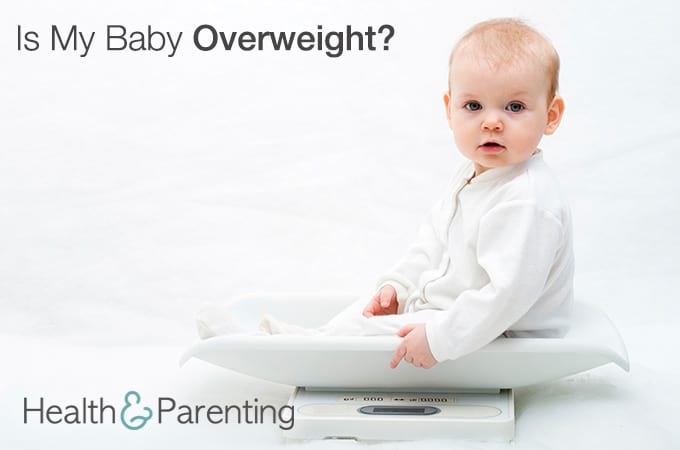When you are pregnant, you think that you can eat just anything you want. Your main excuse is that you are eating for two. Although that is true, you only really need 200 extra calories a day in the third trimester in order to support the growth and development of your baby. You need to be careful about how much weight you gain during pregnancy. Gaining too much or too little can be harmful to both you and your baby.
How much weight gain during pregnancy is acceptable?
Ask your healthcare provider how much weight you should gain. In general, you should gain approximately 2-4 pounds in the first trimester and 1 pound for each week after that. A woman of average weight should gain about 25 to 35 pounds during pregnancy. Underweight women should gain 28 to 40 pounds while overweight women need to gain only 15 to 25 pounds.
If you’re expecting twins, you should ideally gain 35 to 45 pounds during your pregnancy. Weight gain during pregnancy is especially important when you are expecting twins since your weight affects the weight of your babies. Twins are usually delivered early, so they benefit from some extra weight at birth. You may need to consume 3,000 to 3,500 calories a day.
What happens if you gain too little or too much weight?
Women who gain too much weight have a higher chance of a Caesarean delivery. They also tend to retain much of their weight after pregnancy and start with a higher weight in their following pregnancies. This can be a problem with women who are already overweight, as this increases their risk of complications, such as preeclampsia and gestational diabetes.
Children whose mothers were overweight during pregnancy are also more likely to become obese themselves. In addition, obesity may lead to problems with breastfeeding due to poor milk production and difficulty with positioning.
On the other hand, underweight women are at high risk of delivering a preterm infant or a low birth weight baby. This also causes health problems that may be harmful to the baby.
Weight gain during pregnancy should be slow and steady. Do not worry too much if you gain a little more or a little less than you should in a week – look at the big picture and overall weight gain.
This information is not intended to replace the advice of a trained medical doctor. Health & Parenting Ltd disclaims any liability for the decisions you make based on this information, which is provided to you on a general information basis only and not as a substitute for personalized medical advice. All contents copyright © Health & Parenting Ltd 2018. All rights reserved.












